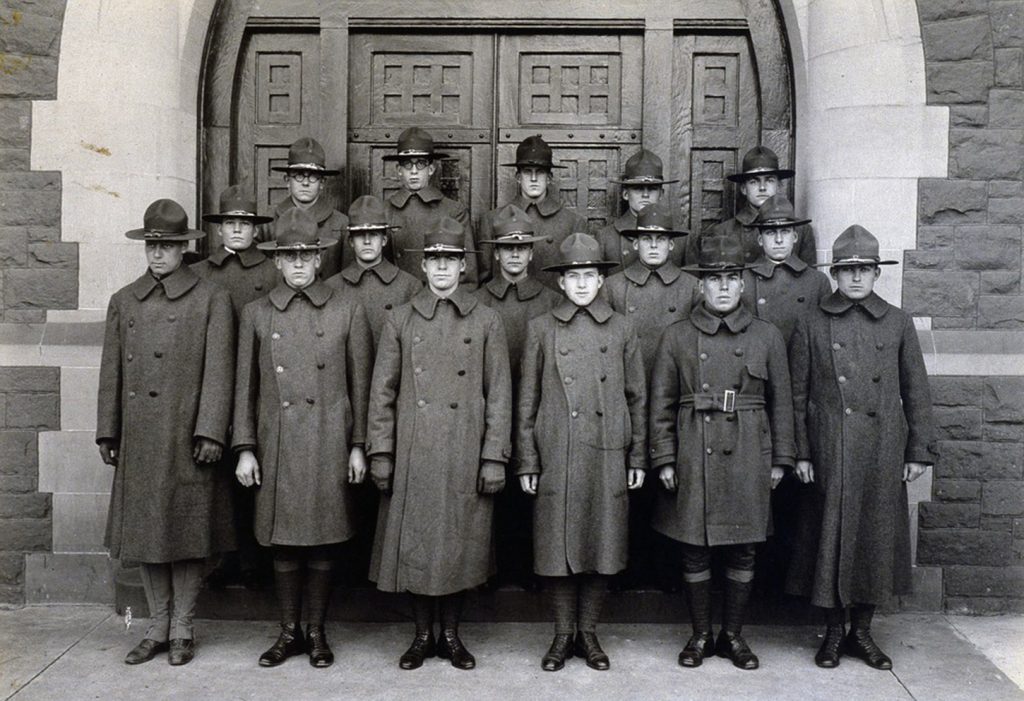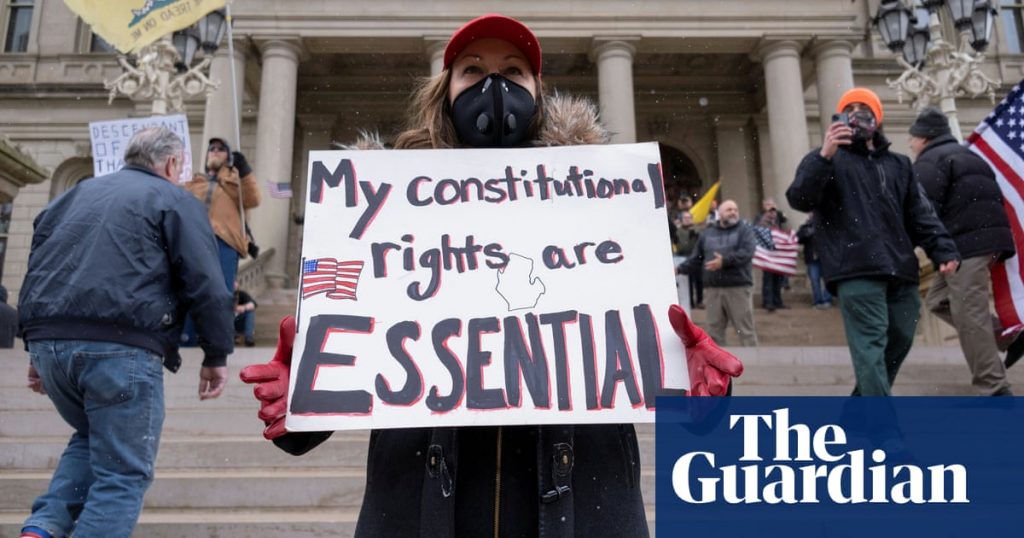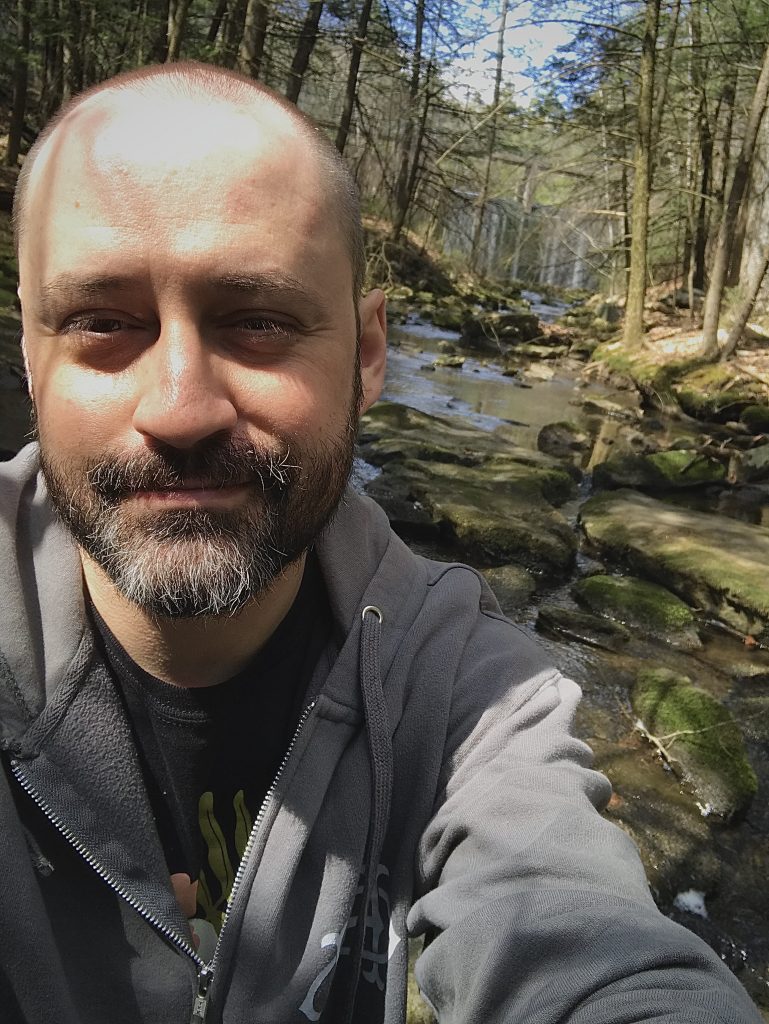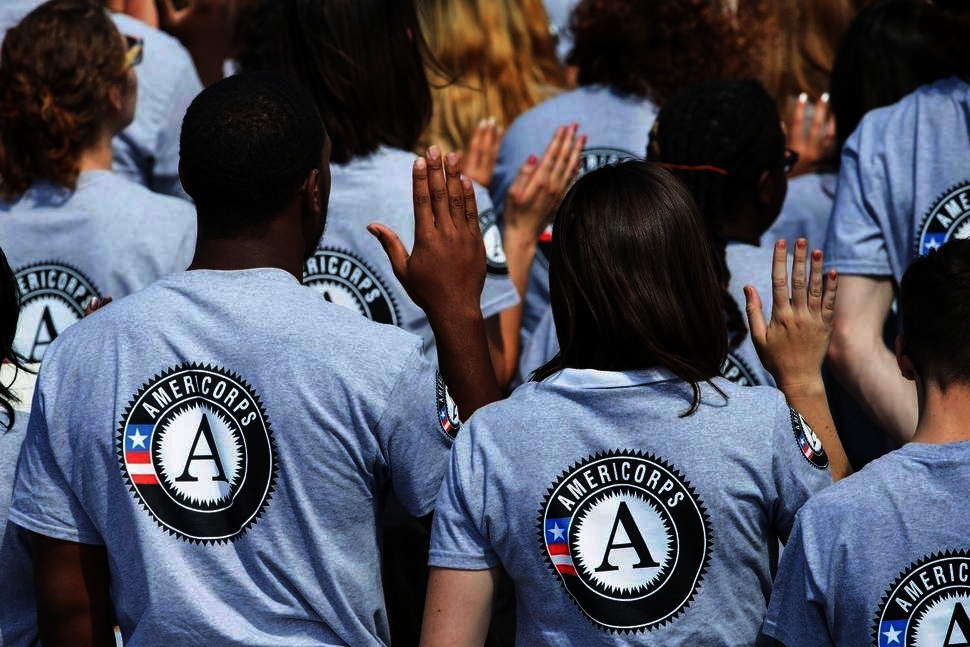By Micki Lee Coleman-Palansky ’20
Contributing Writer
At 11:59 p.m. on New Year’s Eve people across America countdown the seconds to the New Year. 7,477 miles away from the New York ball drop another ball was about to be dropped in Wuhan, China. On December 31st, the government in Wuhan confirmed that there were dozens of cases of an unknown virus. On January 11th, China reported it’s first death. By January 21th, the United States had confirmed its first case. Two days later, the boarders of Wuhan were cut off by the Chinese authorities. On January 30th, the World Health Organization declared a global health emergency. [1] What ever happened to a happy New Year?
By March 26th the United States lead the world in confirmed COVID-19 cases, when exactly a week earlier China reported no new local infections from the previous day. [2] China was successful in combatting COVID-19 by imploring draconian measures. China enforced unprecedented containment and quarantining measures. The government, by the use of phone location and facial recognition data tracked all citizens movements. Anyone who had exposure was sent to designated facilities. Temporary isolation facilities, fever clinics, and fever checkpoints were around every corner. 60 million people were placed under lockdown in one central province of China alone. These measures won China a victory lap around the outbreak. [3] So why can’t the United States, the most capable, robust, strongest pass China in the race?
Americans’ obsession with liberty is the reason it will not win this race. “The Constitution puts few limits on the legal power to protect the nation from epidemic disease. But power without expertise and resources means little.” [4] While there is little expertise on this issue, everyone in America is an expert on personal freedom. We the People of the United States, in Order to form a more perfect Union, establish justice, insure domestic Tranquility, provide for the common defense, promote the general Welfare, and secure the Blessings of Liberty to ourselves and our Posterity. When imposing isolation or quarantine orders, there is a liberty interest. There is a loss of liberty, a protected interest. [5] For many Americans, that liberty interest is much stronger than any health interest—it is the same reason why the government cannot get any significant federal gun, environmental, and healthcare reforms passed. America’s liberty interest trumps its’ life interest.
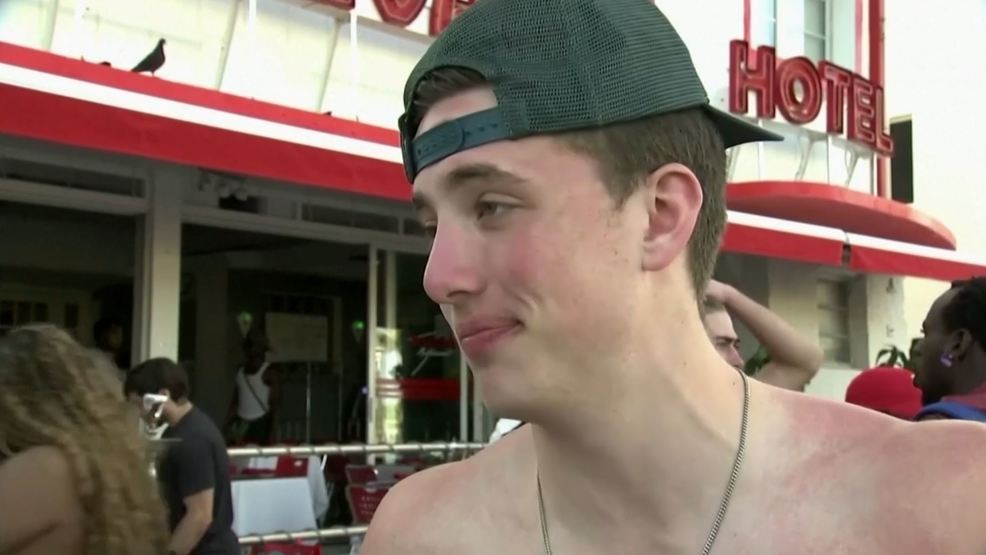
Brady Sluder, an “advocate” for liberty rights during the COVID-19 epidemic. Photo courtesy of WKRC.
Brady Sluder: “If I get corona, I get corona. At the end of the day, I’m not going to let it stop me from partying.” Concerningly, this was the sentiment of people across America. Herds of people continue to usher themselves into churches, stores, and other clustered areas, despite the federal order to participate in social distancing.[6]
In Gibbons v. Ogden (1824) the Court held that state police powers include quarantine and isolation enforcement, although even before then it had been an assumed power of the state. Later, In 1905, the Supreme Court really addresses the core issue in public health law, which is the right of the state to endanger the individual for the benefit of society, in the case Jacobson v. Massachusetts. Here, the Court flushed out the fundamental difference between public health law and personal care services law or medical law. Medical care law is about the individual. There the worry is about autonomy, informed consent, and most of the modern scholarship tends to come from that direction. Public health law is about the protection of the State, or the protection of the heard.[7]
The language in Jacobson v. Massachusetts parallels the language in the national security issue at hand today. “The Court saw epidemic disease as the same level of threat to the state as invasion by a hostile military force and one that was much more frequent… From an original intent analysis, the power of the states to take decisive action to stop the spread of disease is clear.” However, “Power does not equate to wisdom.”[8]
A national lockdown could not be established by statute, but it could come as an executive order. However, the practical part of a federal lockdown would mean a member of the national guard every 100 square feet, which is difficult in practice and execution.[9] More challenging than these logistics of federal and local enforcement is the likely chance that a national quarantine order would result in some sort of revolt. Many people can tolerate minor restrictions and limitations on their liberty, but once that fine line is crossed, it is hard to turn back. Liberty over life— it is the trend we see time and time again. If Americans refuse to quarantine and the government fears too strongly of the draconian approach of China, the end of this nightmare will remain a distant dream.
[1] Taylor, Derrick B. “A Timeline of the Coronavirus Pandemic.” The New York Times, The New York Times Company, 13 Feb. 2020, http://www.nytimes.com/article/coronavirus-timeline.html.
[2] Ibid.
[3] Cowling, Benjamin J., and Wey Wen Lim. “They’ve Contained the Coronavirus. Here’s How.” The New York Times, The New York Times, 13 Mar. 2020, http://www.nytimes.com/2020/03/13/opinion/coronavirus-best-response.html.
[4] Volokh, Eugene. “The Coronavirus and the Constitution.” Reason, 9 Feb. 2020, reason.com/2020/02/10/the-coronavirus-and-the-constitution/.
[5] “The Constitution and the Coronavirus.” We the People Podcast, The National Constitution Center, 19 Mar. 2020, constitutioncenter.org/interactive-constitution/podcast/the-constitution-and-the-coronavirus.
[6] Brito, Christopher. “Spring Breakers Say Coronavirus Pandemic Won’t Stop Them from Partying.” CBS News, 25 Mar. 2020, http://www.cbsnews.com/news/spring-break-party-coronavirus-pandemic-miami-beaches/.
[7] Ibid.
[8] Volokh, Eugene. “The Coronavirus and the Constitution,” 2020.
[9] “The Constitution and the Coronavirus,” 2020.


